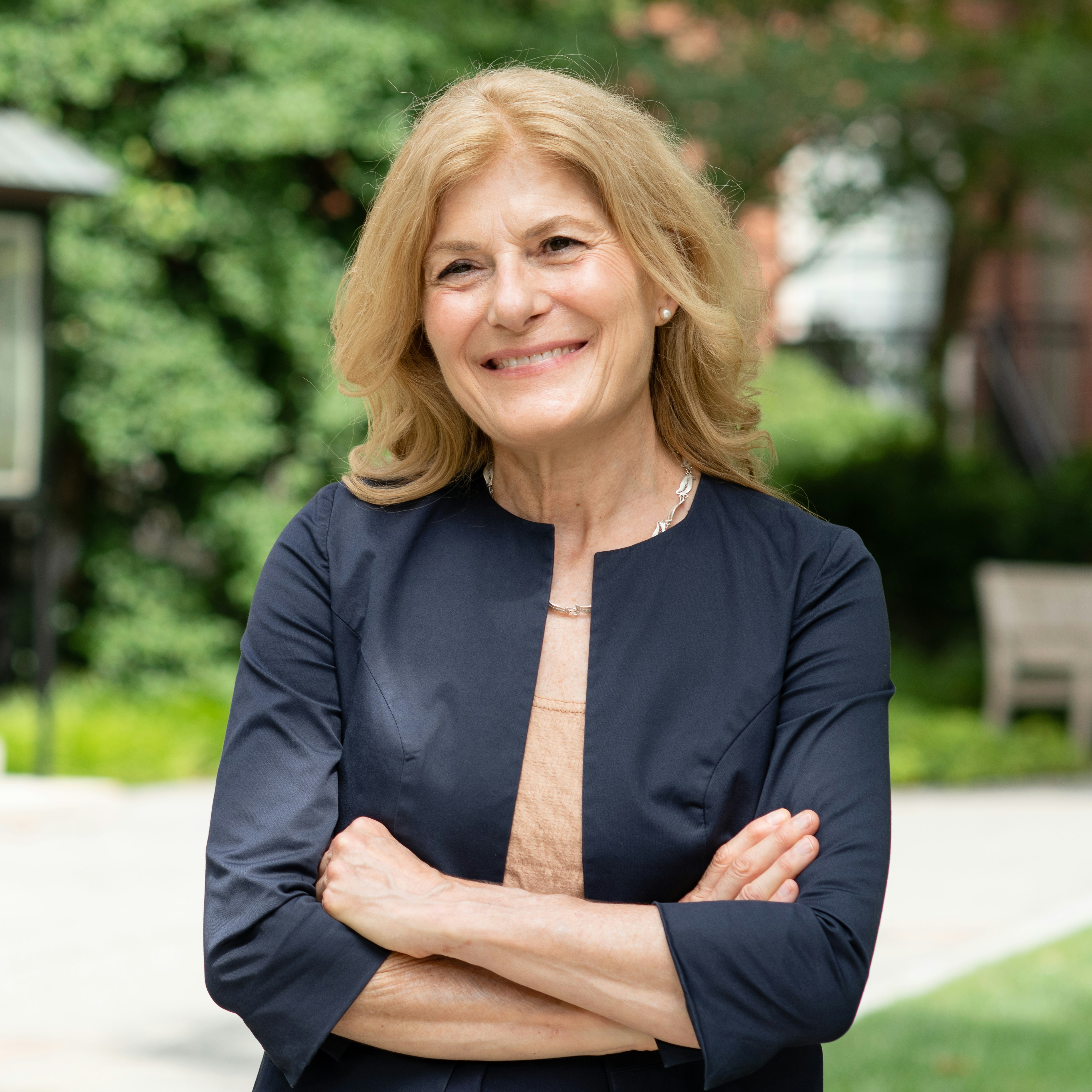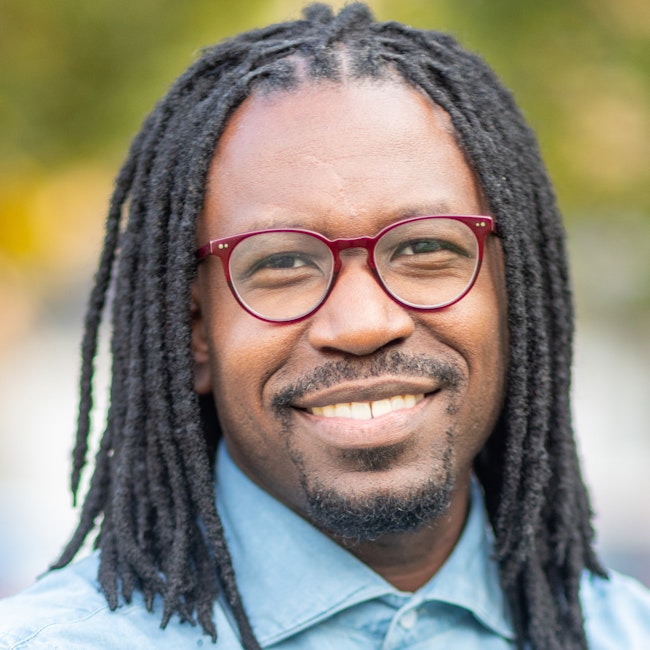Immaculata De Vivo

Immaculata De Vivo is an international leader in the area of molecular and genetic epidemiology of cancer. De Vivo’s unique interdisciplinary approach—combining molecular biology, genetics, and epidemiology—to understanding the impact of natural variation on cancer risk has been invaluable to the field of cancer research, and her work has been recognized by the American Cancer Society, from which she received the American Cancer Society Research Scholar Grant. Her research focuses on how the environment interacts with genetic variants to influence susceptibility to hormonal cancers, primarily endometrial cancer.
She is the Melanie Mason Niemiec ’71 Faculty Codirector of the Sciences at Harvard Radcliffe Institute, a professor of medicine at Harvard Medical School, and a professor of epidemiology at the Harvard T.H. Chan School for Public Health. In 2010, she was named scientific director of the Dana-Farber/Harvard Cancer Center Genotyping and Genetics for Population Sciences Core. She was recently named the editor in chief of the internationally recognized journal Cancer Causes & Control.
She is coleader of the National Cancer Institute–supported Epidemiology of Endometrial Cancer Consortium, an international consortium that includes 40 studies from Asia, Europe, and the United States.
De Vivo is also a leader in the field of telomere biology. Her research addresses the relationship between the lengths of telomeric repeats at the ends of chromosomes and susceptibility to disease, especially cancer. Her work has added tremendous insight into the role of telomeres in cancer etiology. Because telomere length has both genetic and environmental determinants, she has also demonstrated how lifestyle choices can delay or accelerate telomere shortening. Her work changed how the field thinks about the effect of the environment on one’s DNA.
De Vivo received her doctorate and MPH from Columbia University. She did postdoctoral work at the University of California, Berkeley, and at Stanford University, where she received a Stanford Immunology competitive fellowship award. She is the primary professor for molecular biology and epidemiology at the Harvard T.H. Chan School of Public Health, from which she has received a Teaching Citation.















